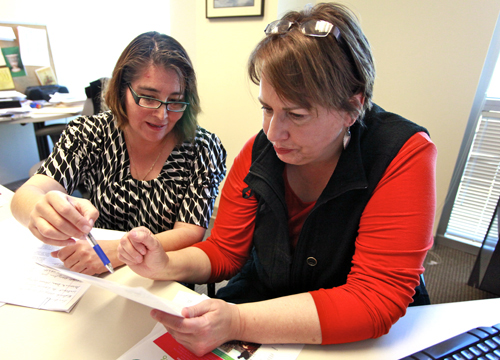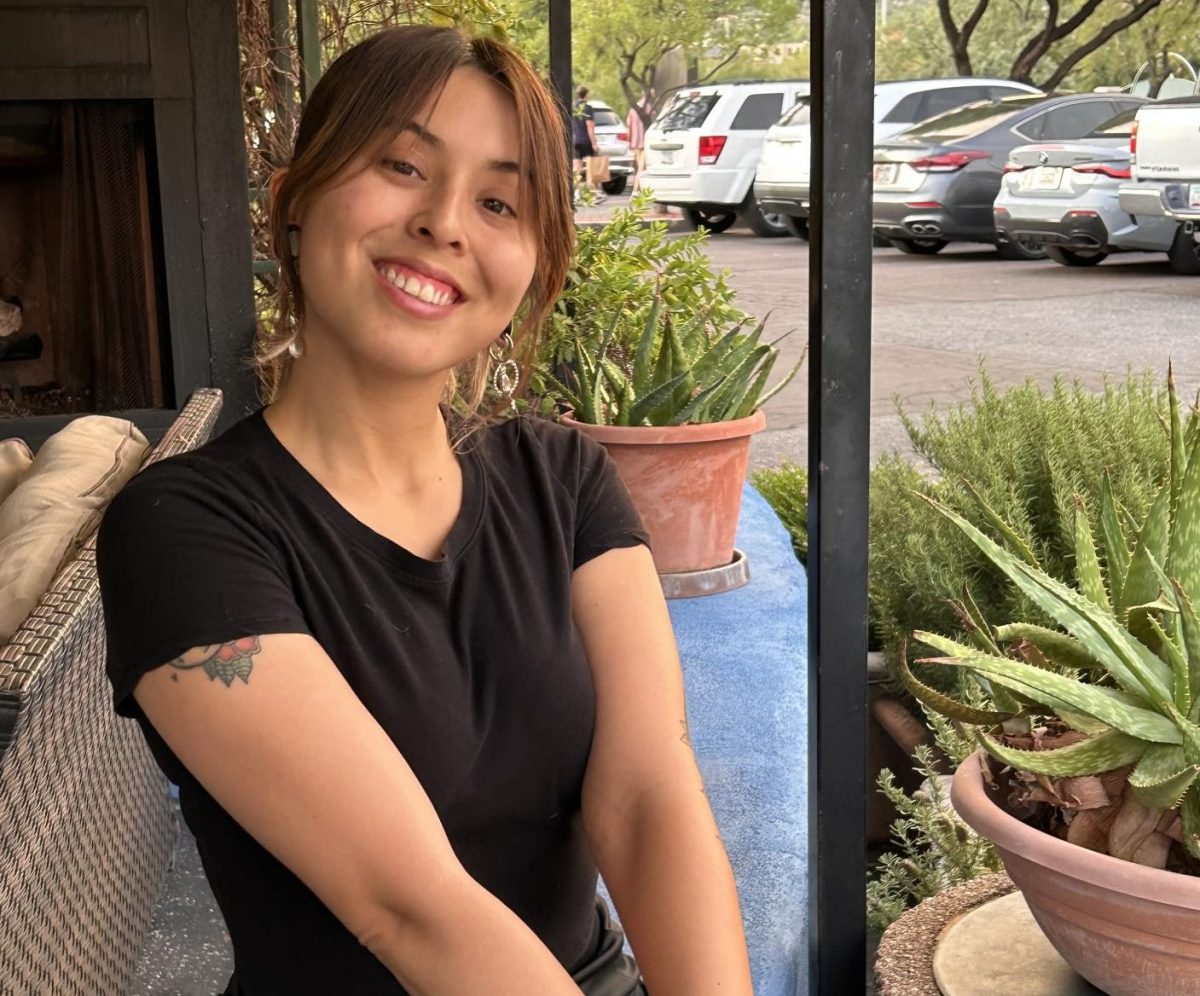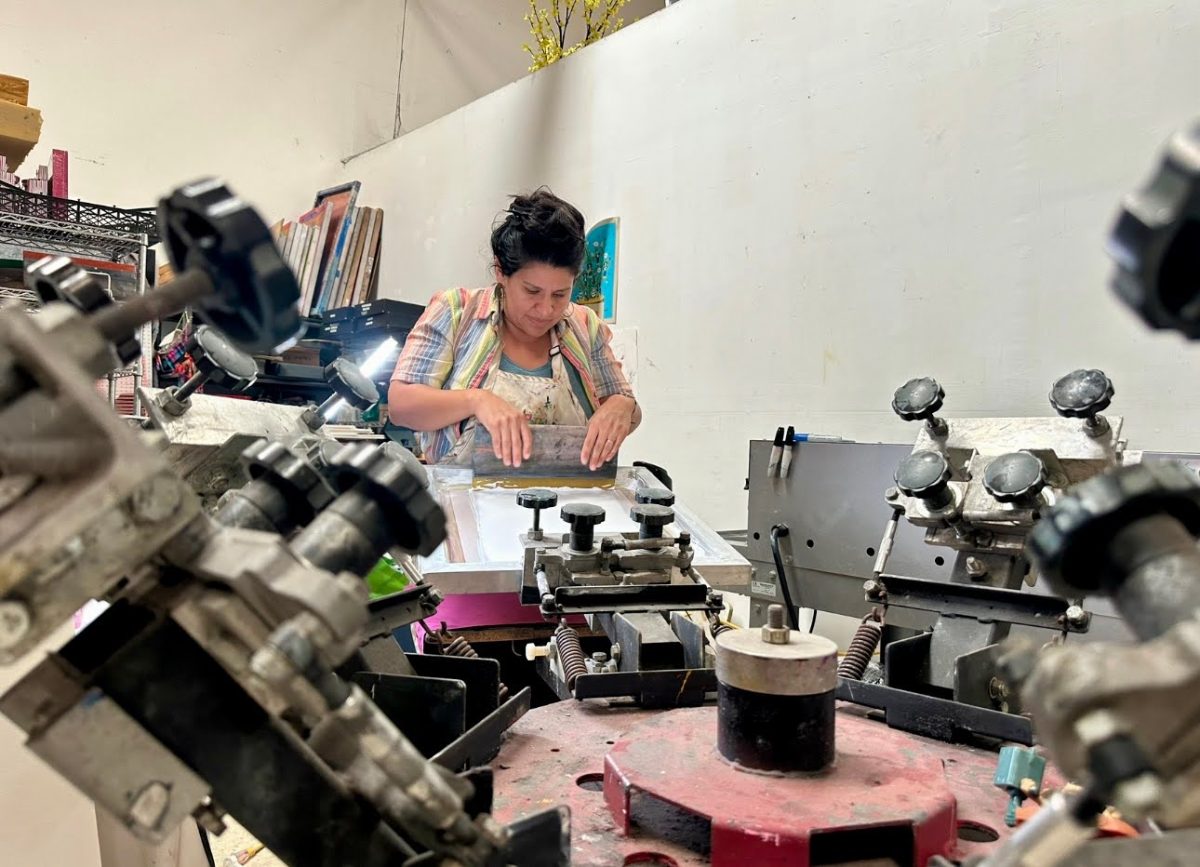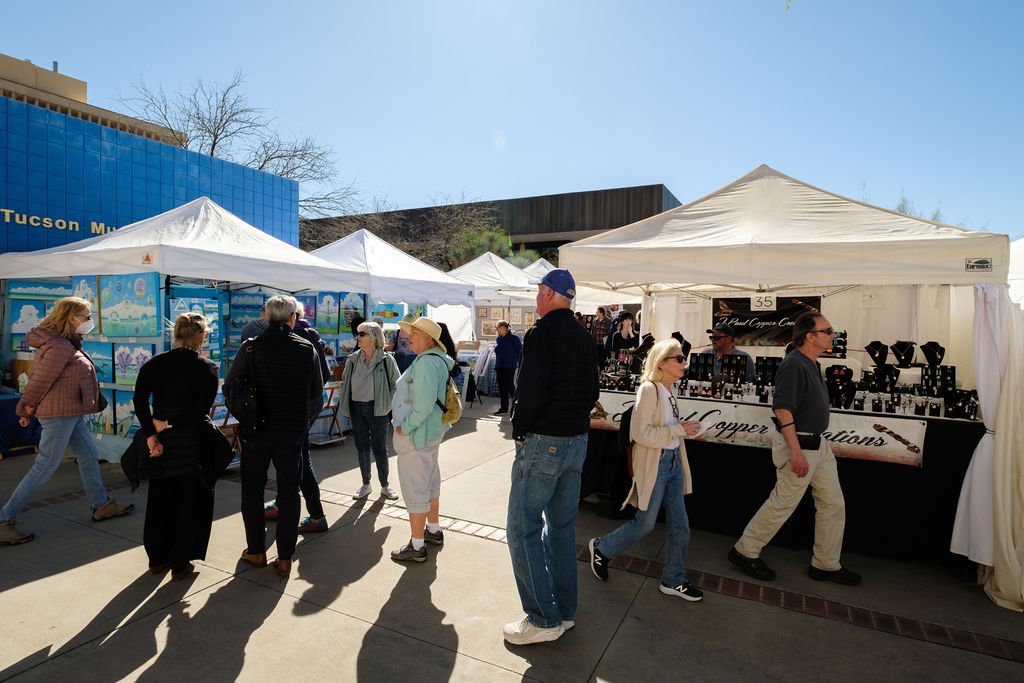 Vicky Westover had an itch for art, which propelled her from fine arts photography to film and then from London to Baltimore to Tucson – and the 2011 Tucson Cine Mexico Film Festival.
Vicky Westover had an itch for art, which propelled her from fine arts photography to film and then from London to Baltimore to Tucson – and the 2011 Tucson Cine Mexico Film Festival.
The festival, which is being held this week in several venues around town, came from Westover’s efforts to create community-driven venues to showcase international cinema. It will offer Mexican films not usually shown in the U.S., including Amores Perros, named one of the top Mexican films of the last decade, and a panel on documentary film chaired by Mexican documentary-maker Elena Fortes.
“I came to Tucson (in 2002) without a job and then I thought, ‘If I was a film programmer here, what festival would I start?’” Westover said. “At the time there wasn’t a Mexican film festival in the United States, and it made sense.”
Westover moved to Tucson when her husband got a job with Arizona Public Media. “What’s funny is when I came here, I was a little worried that there wasn’t going to be anything in my field,” Westover said, chuckling.
After creating one of only a few Mexican film festivals in America, she furthered her foothold in the local film community by becoming the first director of the Jack and Vivian Hanson Arizona Institute of Film at the University of Arizona in 2003.
At the UA, she teaches students how to start their own festivals – like Tucson Cine Mexico – and even allows students to intern on the endeavor.
Westover said: “I tell my students, ‘As a film festival director and programmer, you have to think: What’s your duty to the program? To the movie? To the audience? To the producers?’ That’s why I love teaching the class I teach now. We need more film programmers and exhibitors.
“I think that it is helping them understand the big picture of film. Even if they don’t want to be programmers and are somewhere else in that circle of life of film, they still need to know about the exhibition.”
Carlos Gutierrez, a guest film programmer for Tucson Cine Mexico and a co-founding director of Cinema Tropical, the organization in New York that has partnered with Westover on Tucson Cine Mexico, said a lot of what makes the festival work is Westover’s programming.
“She’s been key in making the festival happen and bringing the different resources,” Gutierrez said. The festival partners with the Consulate of Mexico, Cox Communications and Harkins Tucson Spectrum 18.
Westover, a native of Washington, D.C., started as a photographer. After professors at the Maryland Institute College of Art said her photography mimicked the look of movies, they recommended she study abroad in Europe.
But once she got there, all the film classes she’d flown across the pond to experience were canceled. Not enough British students had enrolled in them.
The only film class she could get into was a film history appreciation class with Simon Field at the London Institute of Contemporary Art. Field later went on to take the helm of the International Film Festival Rotterdam, with a focus in highlighting experimental film and its interconnections with other art media.
Westover attributes much of her initial interest in festival programming to his instruction.
“He lifted up that possibility to me that you can do this as a life’s work, as a living,” Westover said. After college, she worked with the Baltimore Film Forum.
Shelli Hall, director of the Tucson Film Office at the Metropolitan Tucson Convention and Visitor’s Bureau, said of Westover:
“She brings a new energy and vitality to the Tucson film scene. She’s not that new anymore, but for those of us who have been here 15 years, she brings an energy that adds a lot to the Tucson film world.”
Hall said Westover also works to help bring more directors to Tucson to create their short films and started a conference to highlight Tucson as a film community.
Westover also directs the Native Eyes Native American Film Festival in Tucson and has produced four of her own films: the 2007 short film, “Alma;” the 2008 feature “Red 71;” the 2009 short, “My Father’s Son;” and a new documentary debuting later this year, “Apache 8.”
“I think she has the vision of making (Tucson Cine Mexico) the premiere Mexican film festival in the U.S.,” Hall said. “I just love that she thinks that way and acts that way and shares that vision of Tucson as the independent film capital of the world.”
Westover said last year’s festival was so successful that “we turned hundreds away. The audience is definitely here and I hope they come out again.”
The festival runs Friday through Sunday. For a complete listing of films, times and venues go to: tucsoncinemexico.org.







